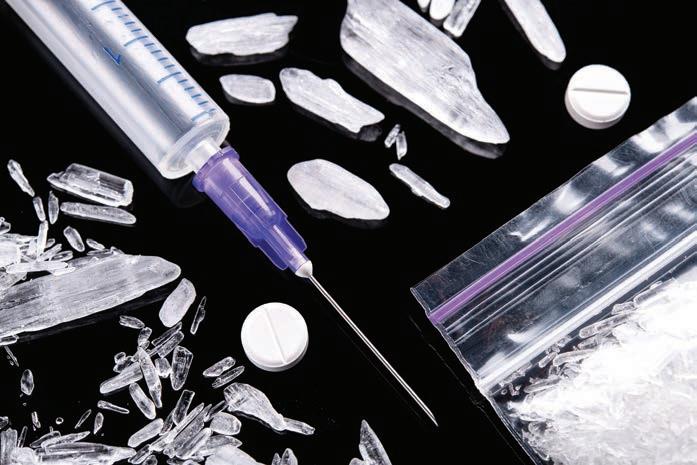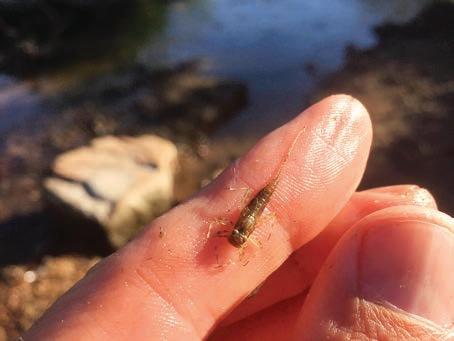
2 minute read
EMISSIONS

Lung Association also ranks Metro Denver as the seventh worst U.S. city for ground-level ozone pollution. e upcoming legislation will likely meet erce resistance from the oil and gas industry.
A version of a similar bill never managed to reach the oor of the state House or Senate last year. e Denver Business Journal reported former Democratic state Rep. Tracey Bernett dropped her e orts after oil and gas representatives claimed the plan could devastate an industry already facing strict regulations.
Oil and gas representatives appear ready to sound the alarm again this year. Lynn Granger, the midwest and mountain west director of the American Petroleum Institute, said the bill sponsors had yet to share a draft of the legislation, but they oated key concepts at a meeting on Monday.
“As described, the bill would functionally end new permitting for natural gas and oil development in Colorado’s highest-producing basin by 2024,” Granger said. “ e proposal should be a non-starter for Coloradans who have spent the last year su ering from high energy prices at home and at the pump.” ose warnings echo a bitter ght over oil and gas regulations in 2019. During the legislative session that year, Colorado Democrats proposed SB-181, which gave local governments far larger role in the permit- and gas regulators to protect health and safety.
Gov. Polis signed the bill despite the opposition campaign.
Under the current system, a company planning to drill new wells must obtain a construction permit from the Colorado Oil and Gas Conservation Commission. e panel approved 4,663 new well permits between 2019 and 2022, which means the state has continued to greenlight drilling under the process reformed by SB-181.
A company works on a parallel track to obtain an air quality permit from the Colorado Air Pollu- requires those regulators to run computer models to determine the potential impact on local air quality.
Colorado has landed in hot water for failing to complete those modeling e orts in the past. In a report last year, the EPA con rmed claims from whistleblowers who said the division had issued permits without a proper evaluation.
Rep. Bacon said her legislation would clarify that the state must complete those estimates. In addition, it would consolidate the process to attain a drilling permit and an air quality permit. By forcing more coordination between regulators, she added, many companies could nd new “e ciencies.”
Bacon nevertheless said the state must also nd a way to account for smaller sources of air pollution, which combine to create “cumulative impacts” that put the health of Colorado residents at risk.

“We will have to put our foot down and say what is contributing to our poor air quality,” Bacon said. “It is our lack of accounting from what’s happening from these minor sources.” is story is from CPR News, a nonpro t news source. Used by permission. For more, and to support Colorado Public Radio, visit cpr.org.










